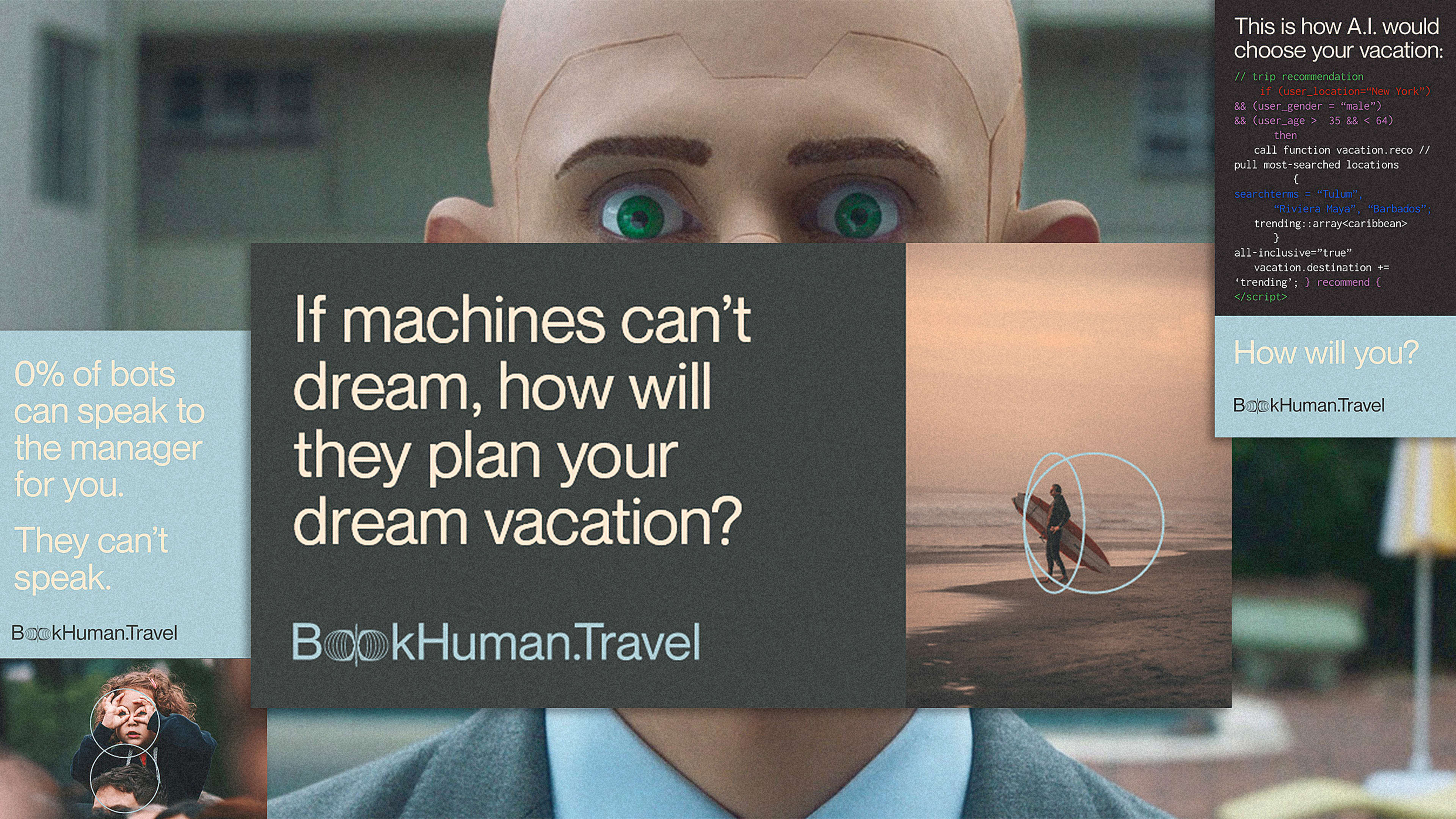Everything, as you know, is digital: our music, TV, movies, books, games, shopping, and—over the last year—even our happy hours and our work. And one of the earliest victims of our digital revolution were travel agents. Why go through all the trouble of dealing with a human being, when there were suddenly dozens of sites to book flights and hotels all by yourself? Made perfect sense.
However, whether we’re talking depression and social media, consumer data breaches, or our appliances listening to us, it’s become increasingly clear that our overreliance on technology has some serious downsides. And over time, the pendulum has started to swing back in the other direction. There are times when a human is better, a fact Internova Travel Group is banking on.

In a statement, Internova CEO J.D. O’Hara said the COVID-19 pandemic brought to light the horrors of travel disruption in a new way. “Individuals and families left stranded with no refunds and limited support gave way to a climate of extreme frustration,” said O’Hara. “Many realized that getting travel wrong—personal or business—can have very real, very strenuous consequences.”


In other recent ad campaigns, both Expedia and Airbnb have put a spin on their own human capabilities. The former with a spot starring Rashida Jones as a vacation fixer, while the latter, perhaps the poster child for modern digital travel, shined a spotlight on the importance of its very human host network.
Back in 2019, Google became an instant travel giant when it started listing flights and hotels itself instead of linking out to other sites. Rather than trying to go toe-to-toe with digital behemoths, Internova is betting the market differentiation that matters most might just be human.
Recognize your brand’s excellence by applying to this year’s Brands That Matter Awards before the final deadline, June 7.
Sign up for Brands That Matter notifications here.
